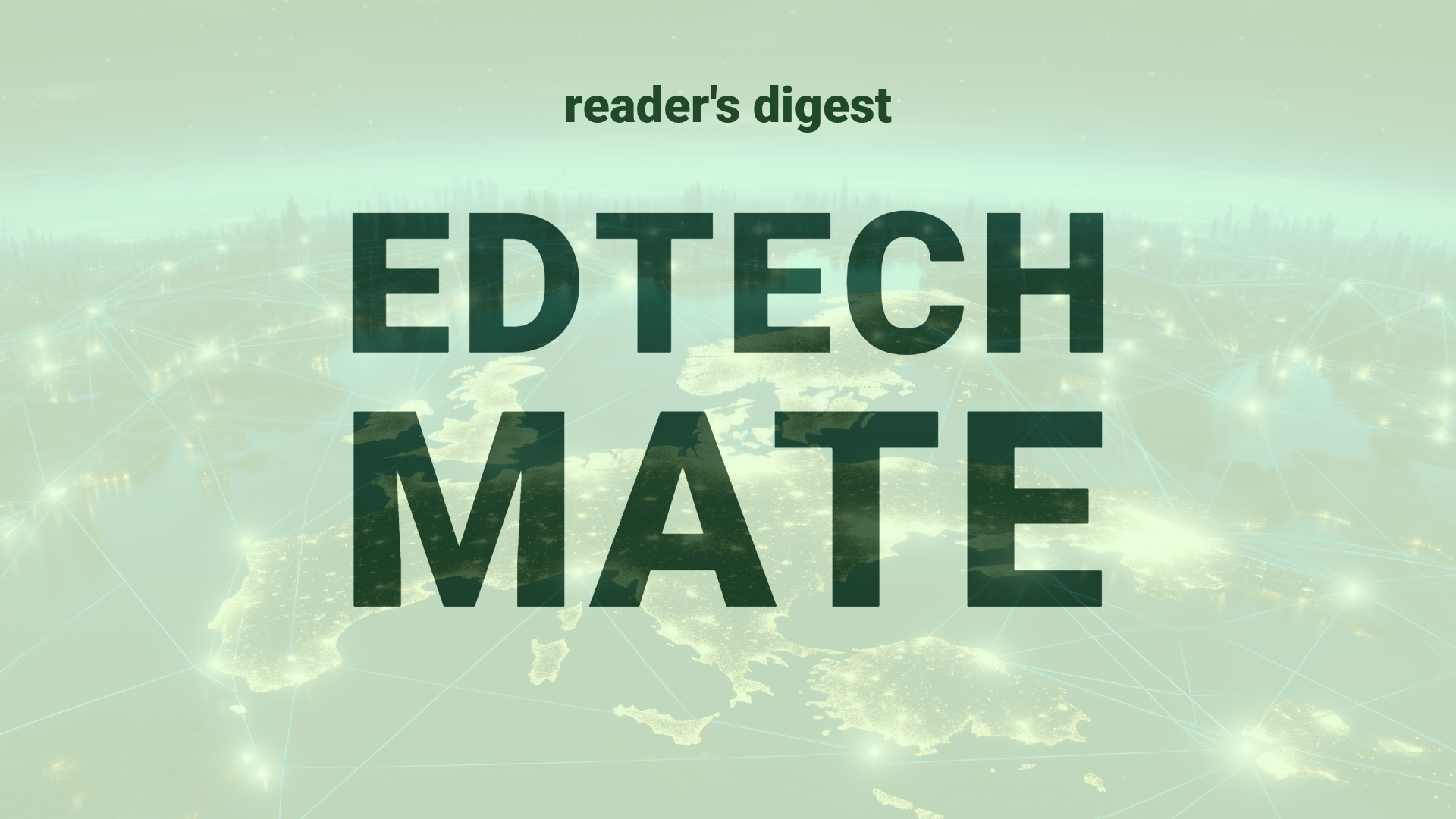Executive Summary and Main Points
Key innovations in generative artificial intelligence (GenAI) are ushering in a new era of digital transformation, demanding a synergistic partnership between Chief Information Officers (CIOs), cloud service providers (CSPs), large language model (LLM) developers, and domain experts. Key areas for an effective GenAI strategy include: data integration and curation, modernization of tech stacks, business alignment for technology investments, enhanced security and data privacy measures, and cultivating budgets for new innovation with partner support. Strategic alignment and collaborative partnerships are essential to leverage GenAI, connecting disparate data sets to optimize workflows and customer experiences across industries.
Potential Impact in the Education Sector
These technological advancements could profoundly impact Further Education, Higher Education, and Micro-credential paradigms through digitalization and strategic partnerships. The seamless integration of data and modernized tech stacks can facilitate personalized learning experiences and predictive analytics for student success. Strategic partnerships with technology firms and academia could lead to the efficient creation and delivery of Micro-credentials tailored to industry demands. Such collaborations may harness cost-effective resources for digital transformation in education, promoting agile and future-ready educational infrastructures.
Potential Applicability in the Education Sector
Innovative applications of GenAI and other digital tools offer transformative possibilities for global education systems. AI-driven platforms can enhance online learning experiences, automate administrative tasks, and strengthen research capabilities through advanced data analysis. Collaborative projects with CSPs and LLM developers could lead to the creation of sophisticated educational ecosystems, aligning academic content with real-world data sets for dynamic learning environments. Additionally, AI could be instrumental in global talent development, connecting learners with micro-credentials and personalized career pathways.
Criticism and Potential Shortfalls
While GenAI promises significant enhancements, it faces potential criticism regarding privacy, ethical standards, and cultural sensitivity. Real-world comparative case studies, such as the varied responses to AI implementation in diverse cultural education settings, highlight the necessity for ethical oversight and customizable solutions. Concerns also arise regarding the accessibility divide, where institutions with fewer resources may struggle to keep pace with technological advancements, potentially exacerbating the global education inequity.
Actionable Recommendations
To effectively implement these technologies, international education leadership can explore forming consortia for shared GenAI resources, establish ethical guidelines for AI in education, and focus on inclusive design principles. Partnerships with industry and tech innovators can be strategically pursued to facilitate the integration of AI in curricula development and student services. Institutions should also invest in professional development programs for educators to optimize the use of AI tools, ensuring that the benefits of digital transformation are fully realized in the dynamic landscape of global higher education.
Source article: https://www.cio.com/article/1308158/how-strategic-partnerships-are-the-key-to-ai-driven-innovation.html

